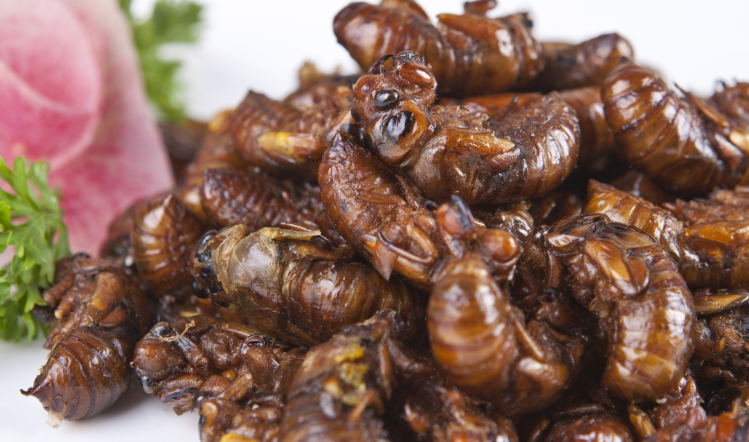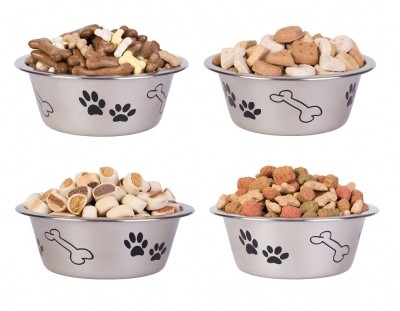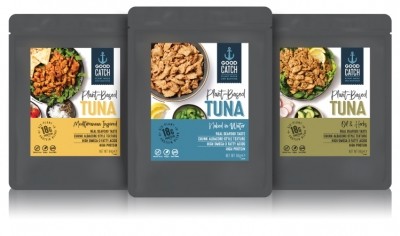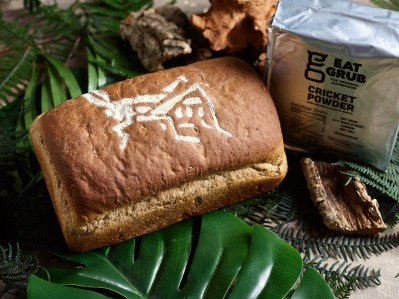Home-grown insects: the end of meat?

Billed as a sustainable solution to the ecological issues currently surrounding agriculture and livestock rearing, BeoBia’s insect growing pods allow consumers to farm insects at home in order to reduce food waste and provide a source of protein.
The pods are made out of recycled plastic that is also compostable and consist of several trays that stagger the development of the insects, to best maintain a consistent maturity and output.
Founder Thomas Constant said the sustainability of insect farming – which uses a fraction of the land, water and resources needed for traditional livestock – as well as the perceived nutritional benefits were key to the demand of the product.
‘Sustainable source of protein’
“Empowering people of any age to produce their own sustainable source of protein and make use of their food waste, even in urban locations, is one of the most effective ways consumers can impact the global food supply chain,” said Constant. “It is 22,000 times more water-efficient to produce 1kg of mealworms than 1kg of beef.
“In sourcing their own protein, consumers inherently depend less on the unsustainable practice of intensive livestock farming to produce protein and, in turn, disinvest in operations that are detrimental to the planet and future generations.”
Constant looked to capitalise on the third of Brits who have reduced or altogether stopped eating meat, a growing trend in the western world. The edible insect market is predicted to grow from $1bn (£767m) in 2019 to $8bn (£6.1bn) by 2030, according to BeoBia.
“Vertical farming has a place in every continent and country on the planet. Products such as ours have the capacity to provide solutions to the global climate crises, widespread livestock farming, water waste, deforestation, malnutrition and widespread famine,” Constant added.
‘Urban solution to a rural problem’
“Vertical farming does not depend on arable land and plentiful space – on the contrary, it’s an urban solution to a rural problem.”
BeoBia will launch a reward-based crowdfunding campaign in the spring, after which it will be seeking equity investment.
“Traditional livestock will be increasingly replaced with healthier and more sustainable alternatives such as insects, plants, fungus and lab-grown meats,” concluded Constant.
The British Meat Processors Association (BMPA) agreed that there was a place for insect protein in consumers’ diets, but not to the detriment of the meat industry.
A spokesman for the BMPA said the ultimate decision would come down to what consumers were willing to pay for, but with the world’s population rapidly increasing there was a need to utilise every possible food resource.
‘Complement one another’
“It is more likely insect protein will sit alongside meat protein as a food choice and it is conceivable that they can complement one another,” the spokesman told Food Manufacture.
However, the BMPA was disappointed that the meat industry and its effect on the environment had once again been painted in such a negative light.
“The latest Climate Change Committee (CCC) report (July 2019) shows UK agriculture is responsible for 9% of total UK emissions,” it added. “Livestock production is just under half of that. Any claims, then, that cutting meat consumption would significantly reduce emissions are wide of the mark.
“Ruminants eat grass, which humans can’t eat, to produce protein, which we can, to feed a growing population. These grazing animals make the best use of the 60% of UK agricultural land that is unsuitable for growing crops or other produce.”
Last year saw a number of innovations in the world of insect proteins, including a guide on EU labelling standards for insect-based foods, published by the International Platform of Insects for Food and Feed on its website.
Meanwhile, Roberts Bakery has launched a new limited-edition brand of bread, manufactured using insects, in a nod to the return of jungle-based television programme I’m a Celebrity Get me Out of Here.















